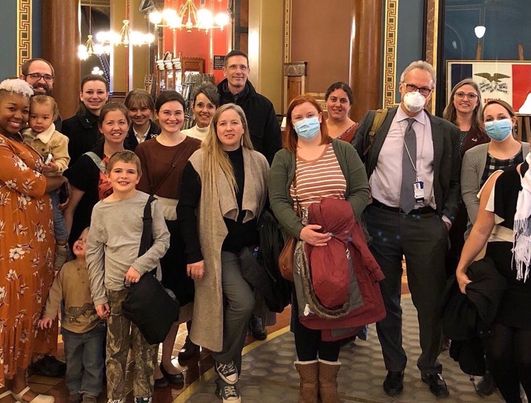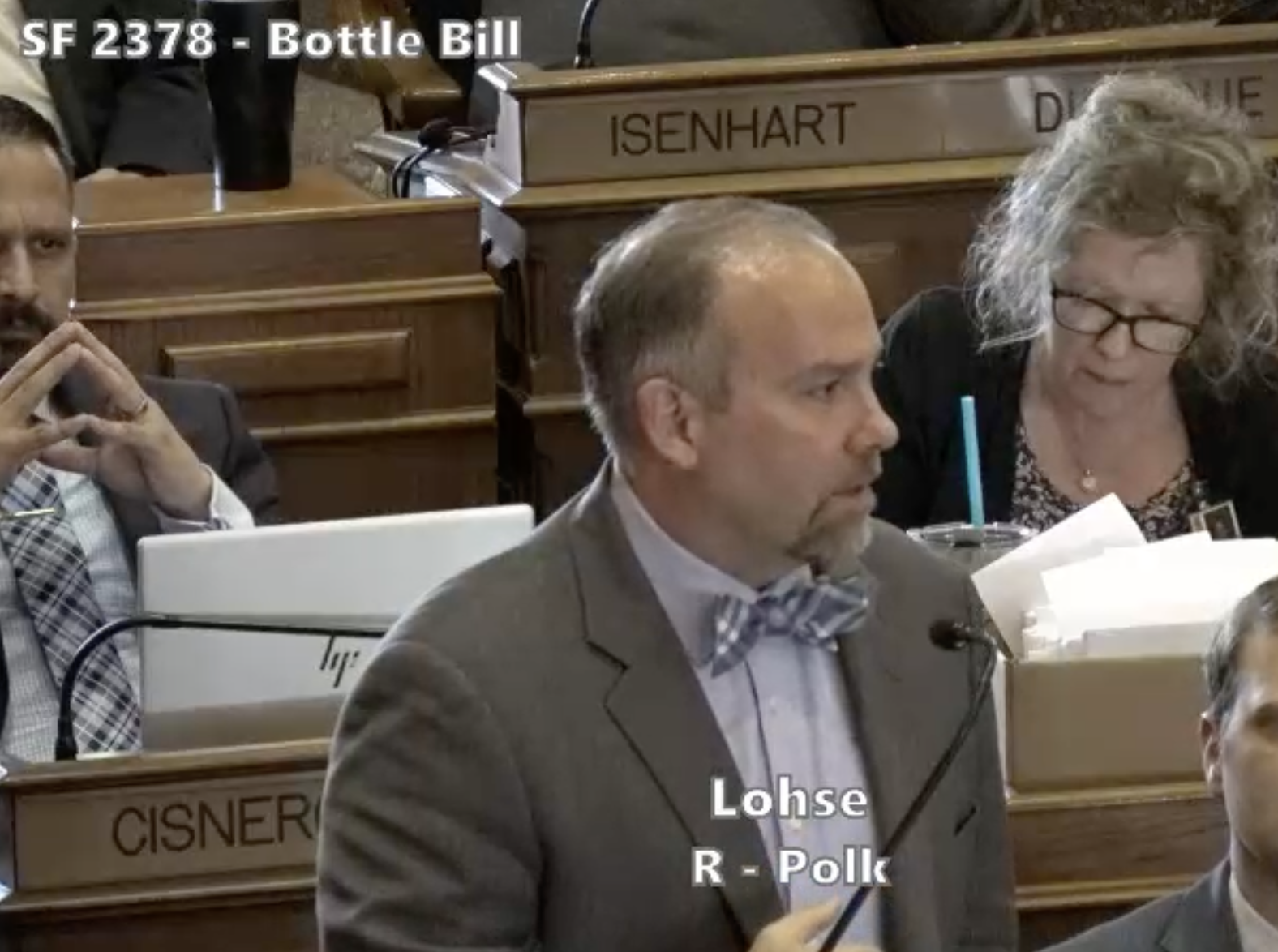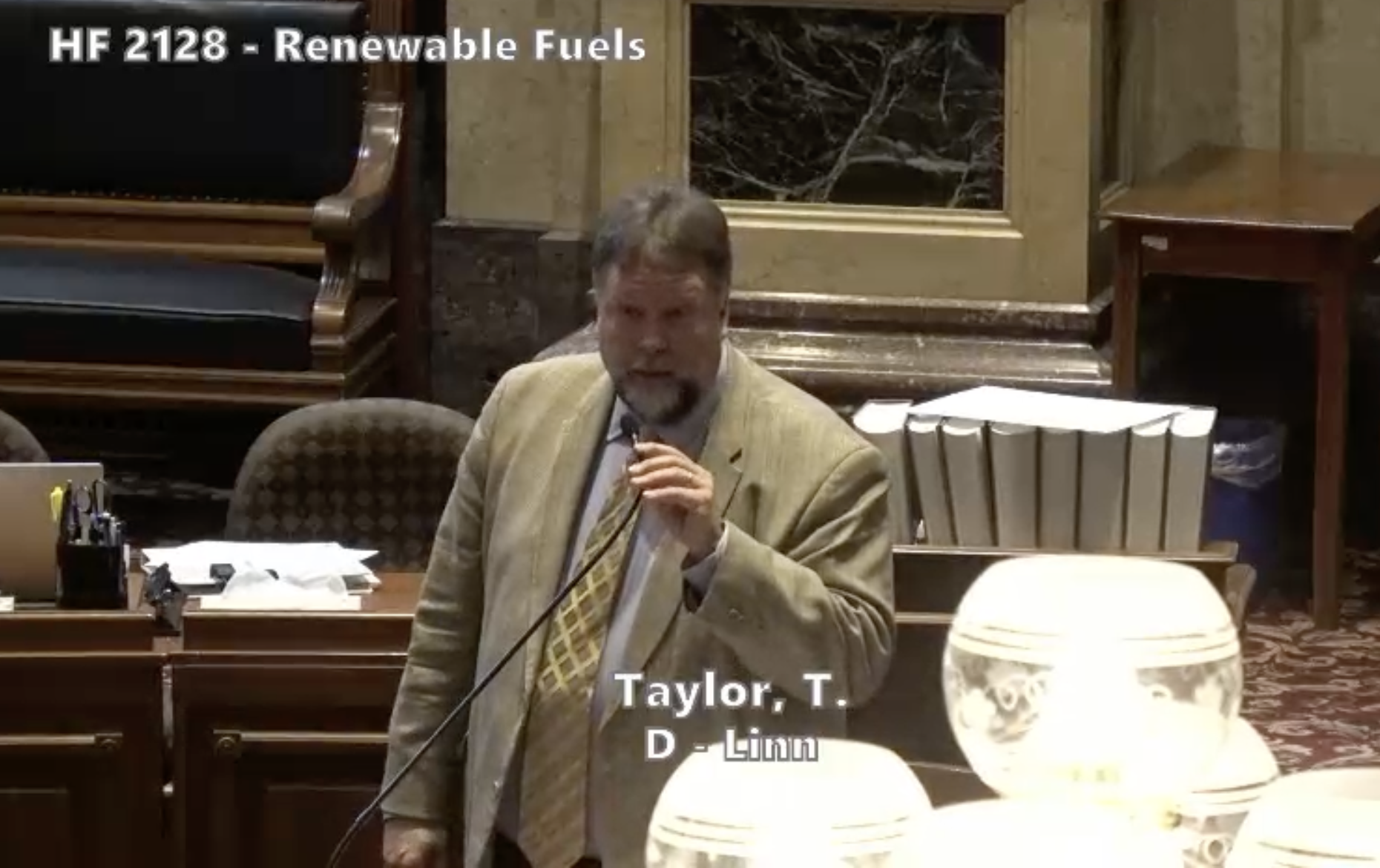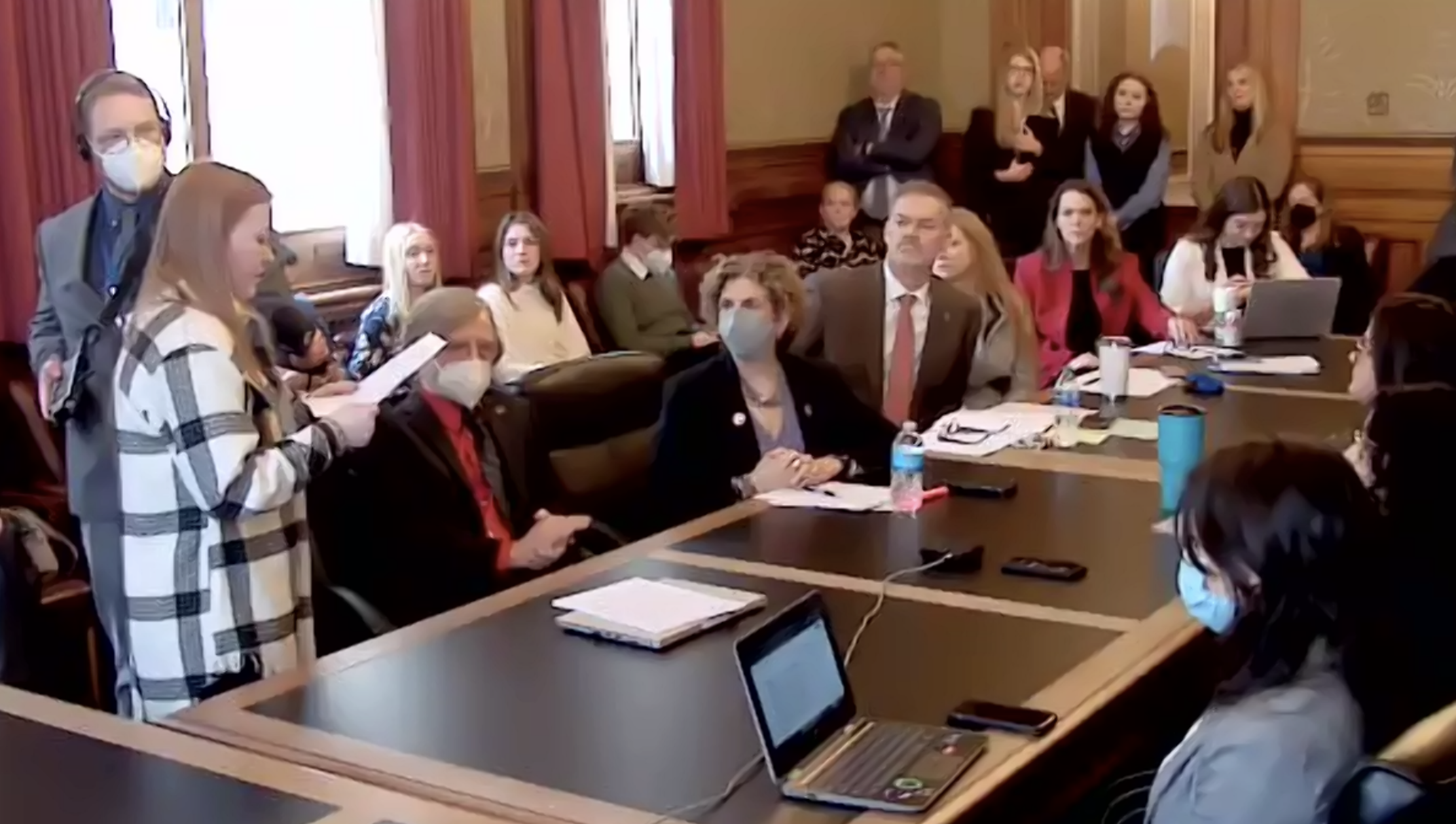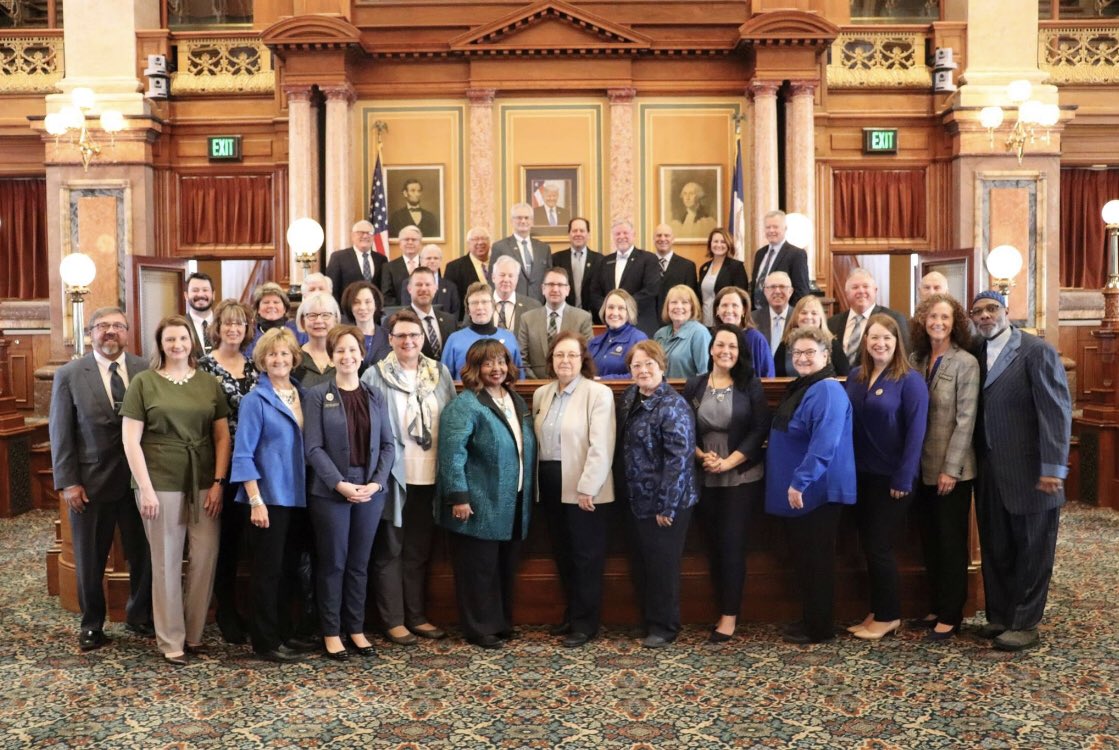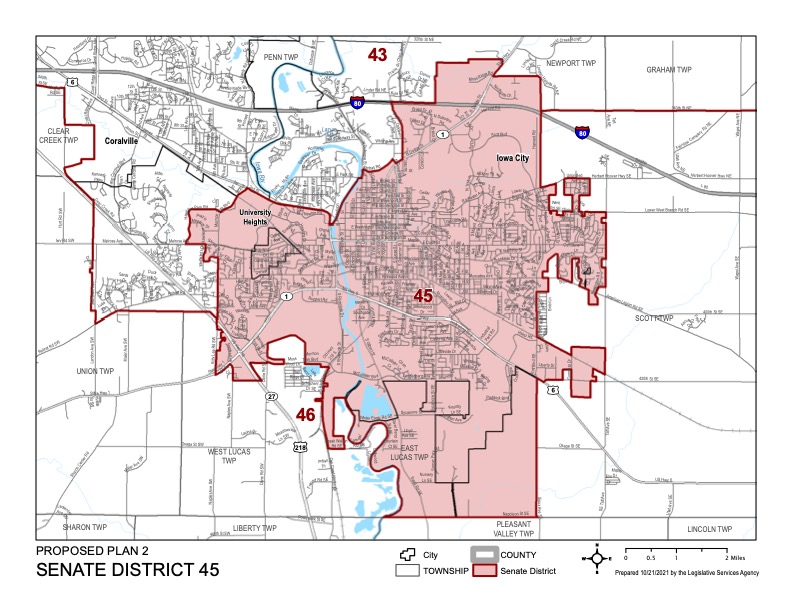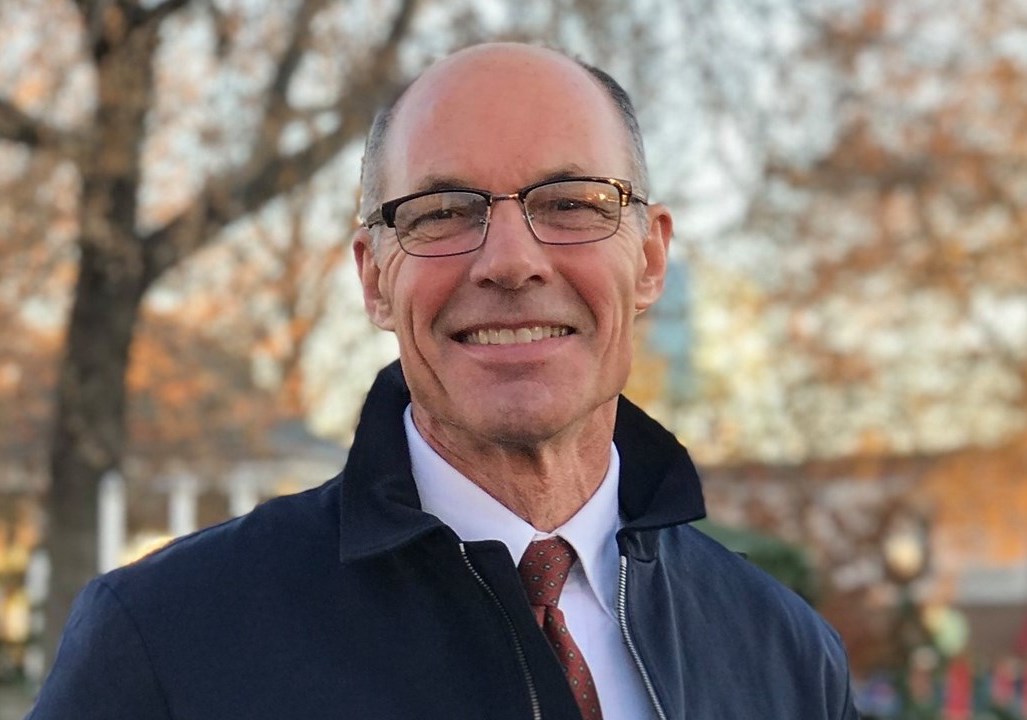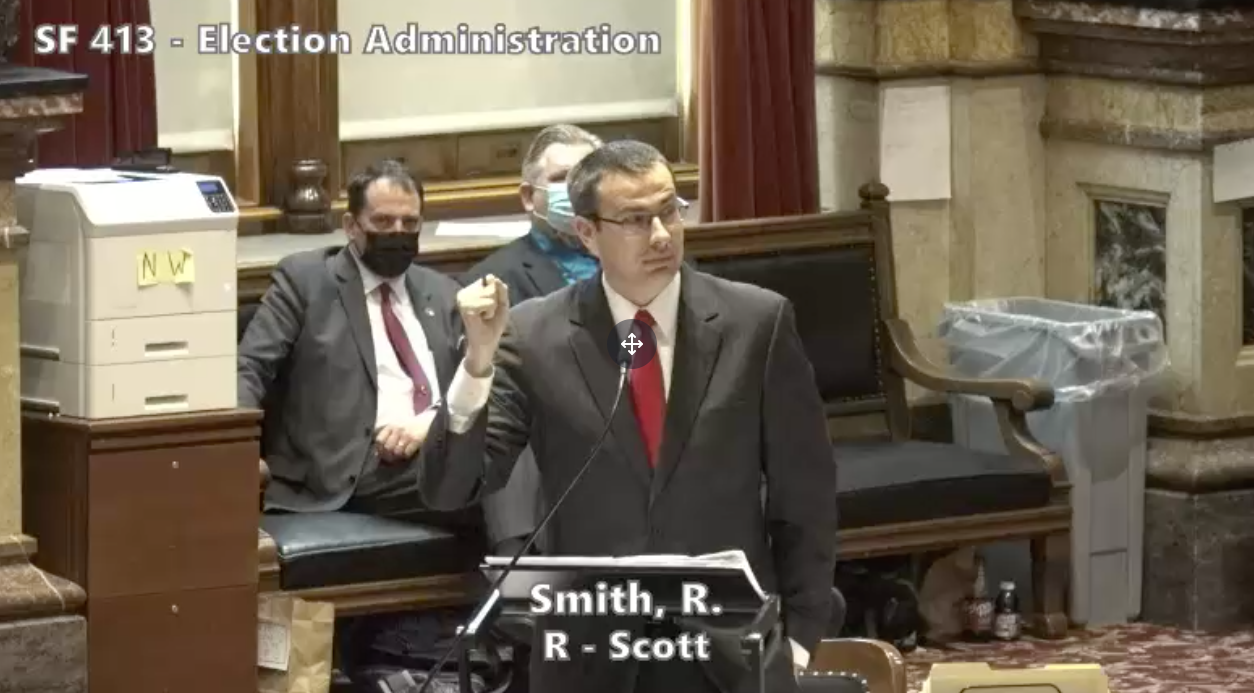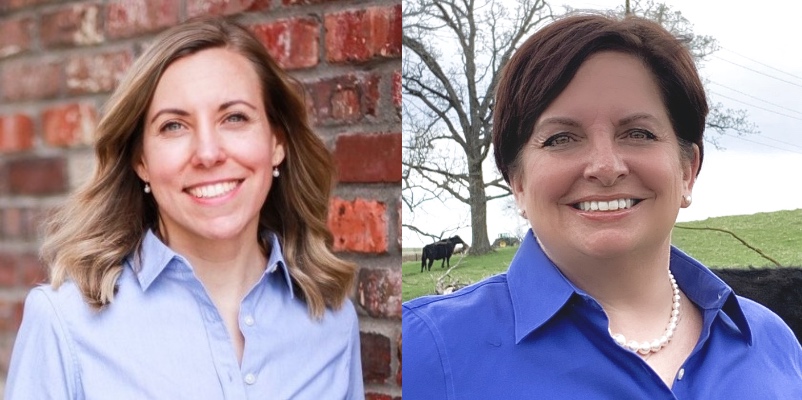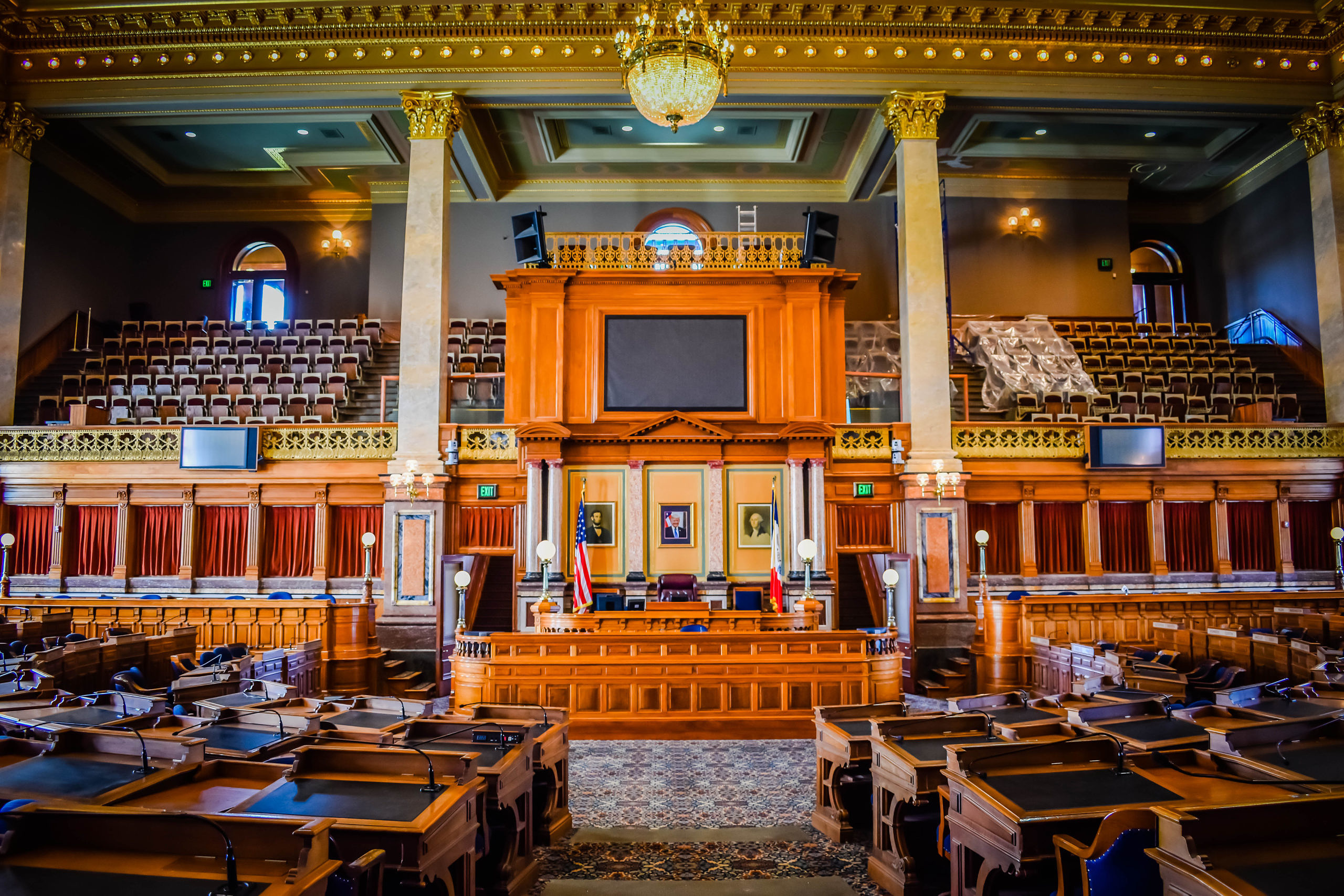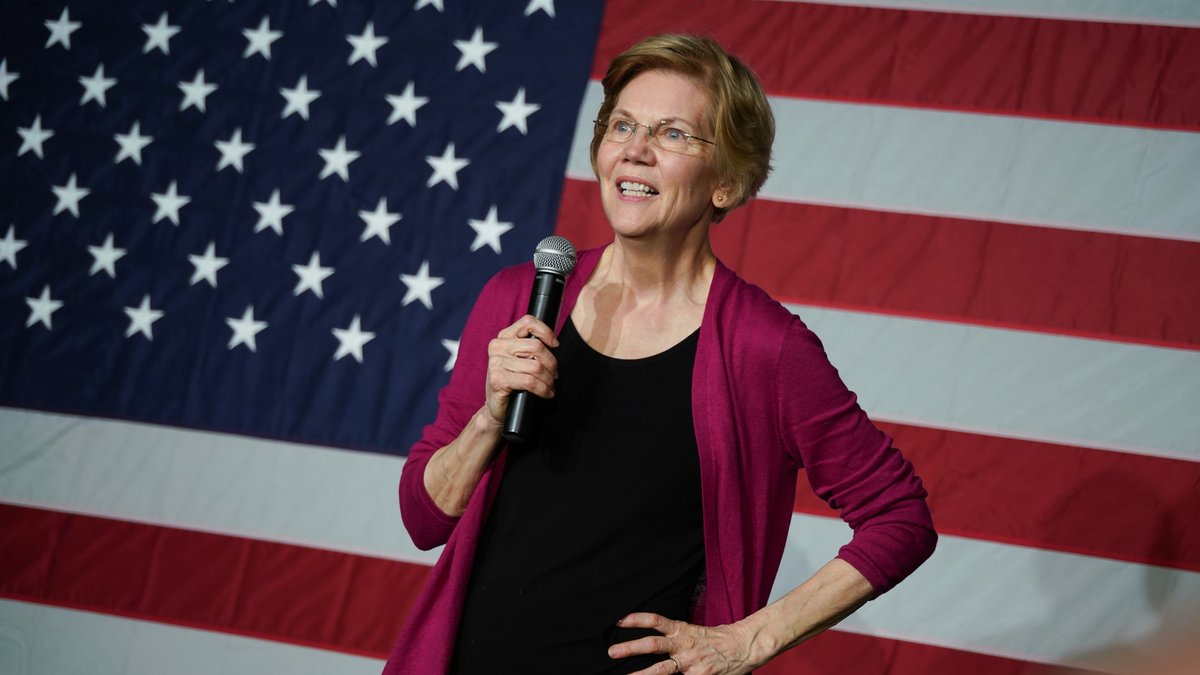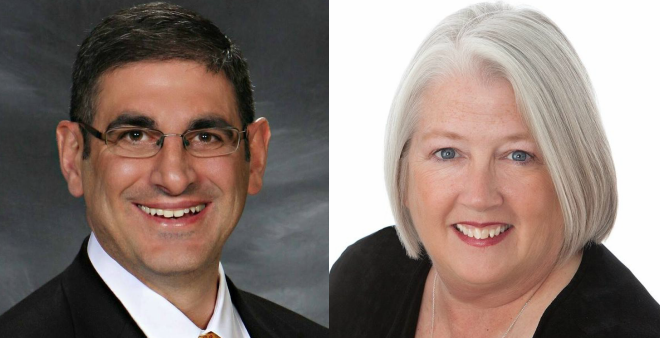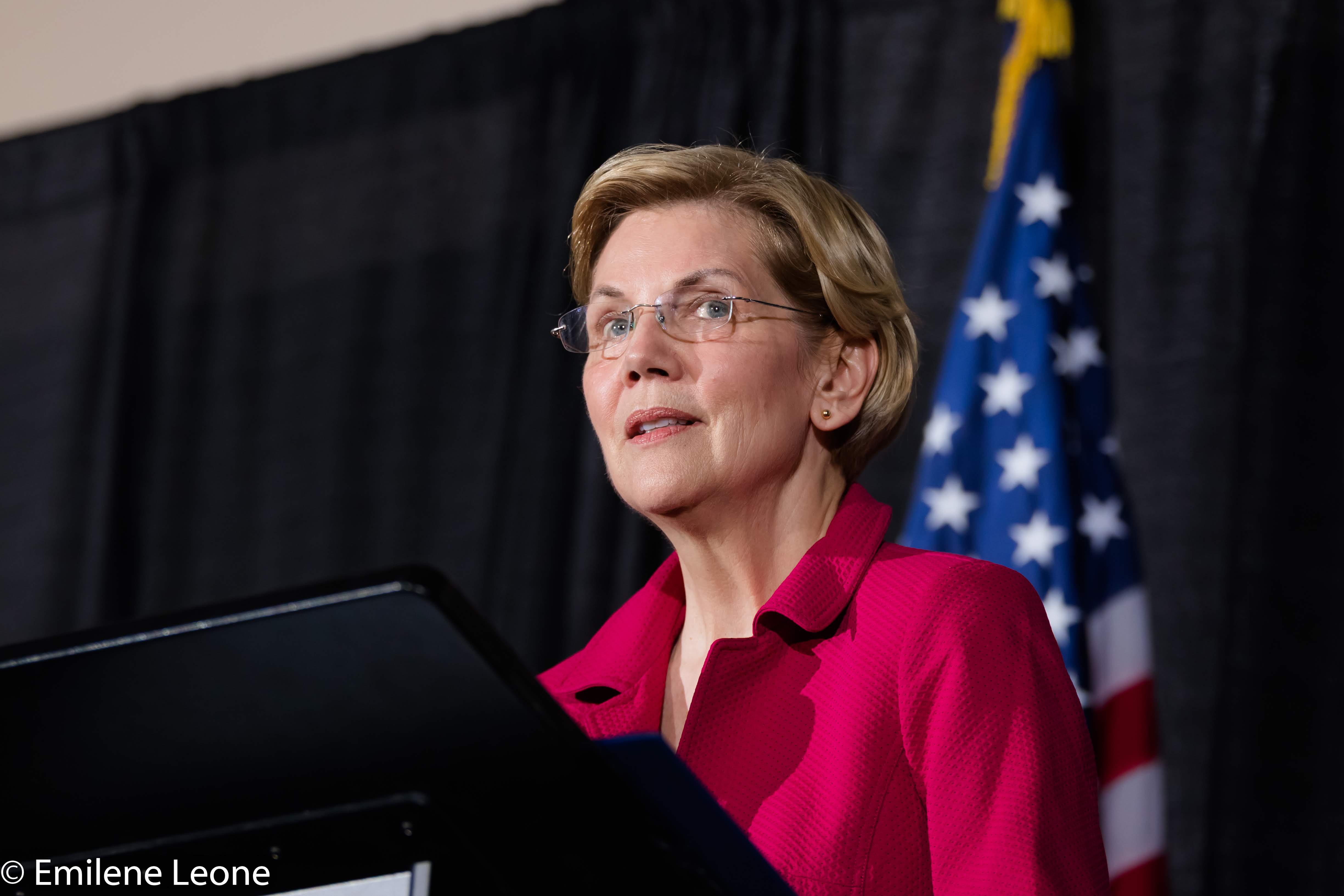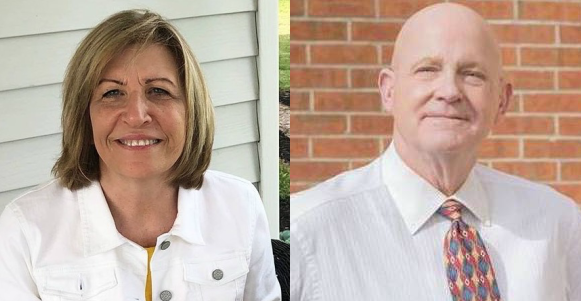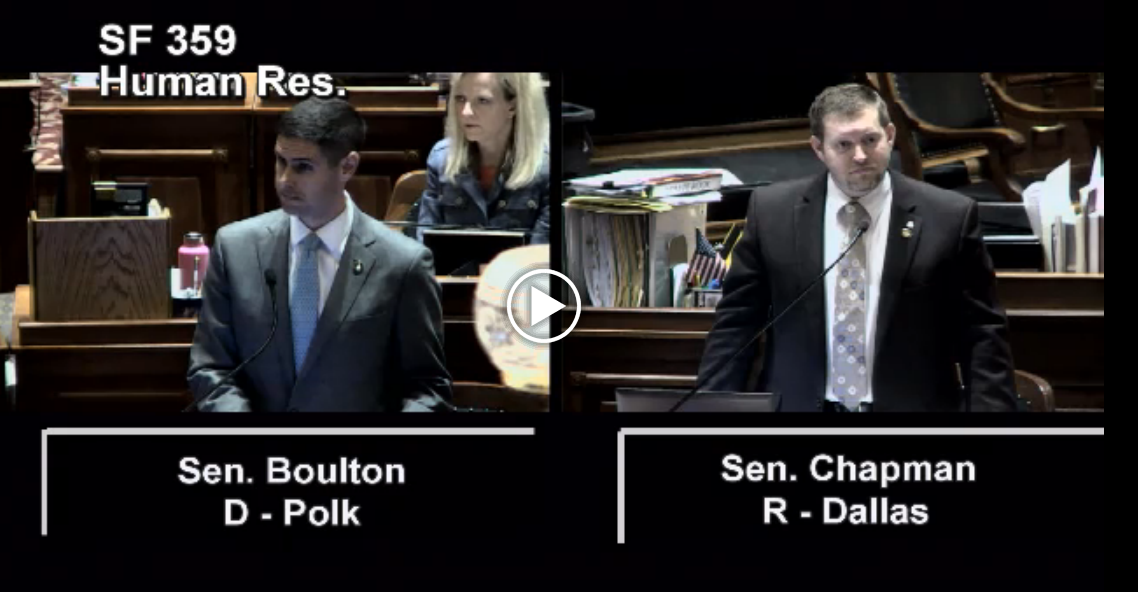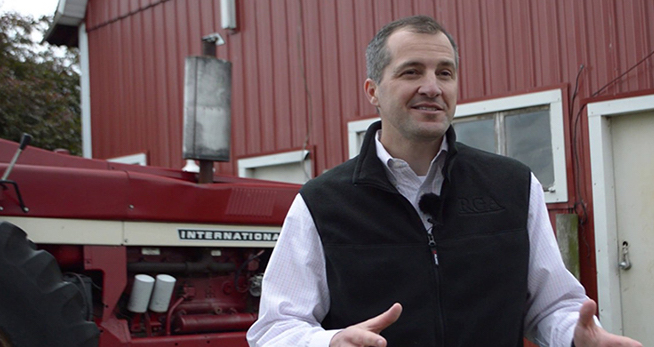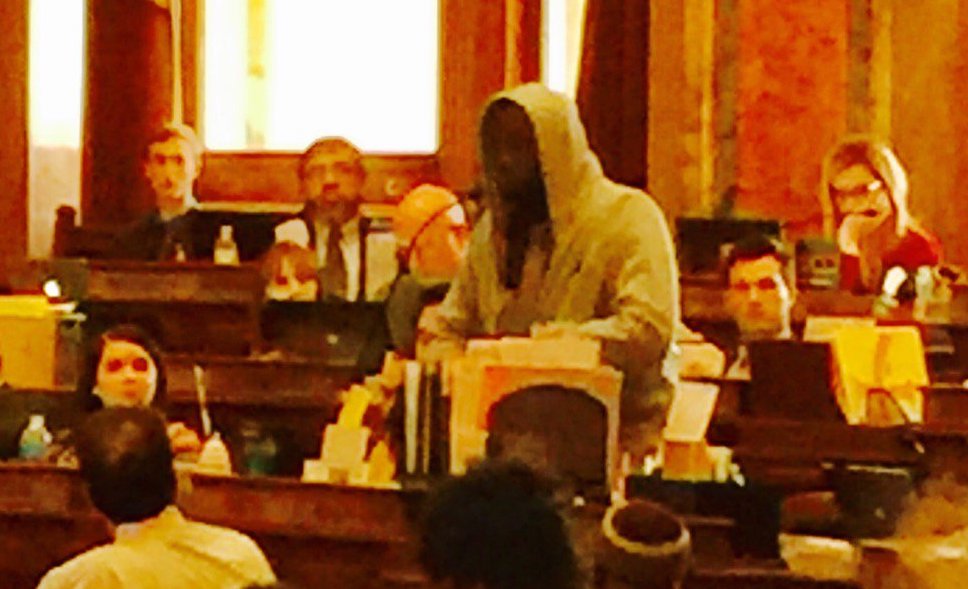Rachel Bruns is a volunteer advocate for quality maternal health care in Iowa.
The 2022 Iowa legislative session saw the most significant momentum in more than forty years of advocacy for the creation of a licensure of direct-entry midwives in Iowa. With the 2023 legislative session underway, I will review the pivotal moments in the 2022 legislative session and explain why the Iowa legislature and Governor Kim Reynolds should prioritize enacting a midwifery licensure bill.
While I have addressed the need to provide a licensure for Certified Professional Midwives (CPMs) in previous pieces, I will go more in-depth in providing background on why all Iowans should want and support CPMs practicing in our state.
Note: I would not benefit directly in any way if this bill passed, as I am not a birthworker (doula, midwife, physician), and I do not plan on having any more children. Through my volunteer work with the International Cesarean Awareness Network, I have learned a lot about the different types of midwives and believe Iowans have been “dealt a bad hand” by not having knowledge or access to community birth options that are more readily available in other states and other high-income countries. Iowa families deserve to have all options available for safe and quality maternal health care.
Continue Reading...
